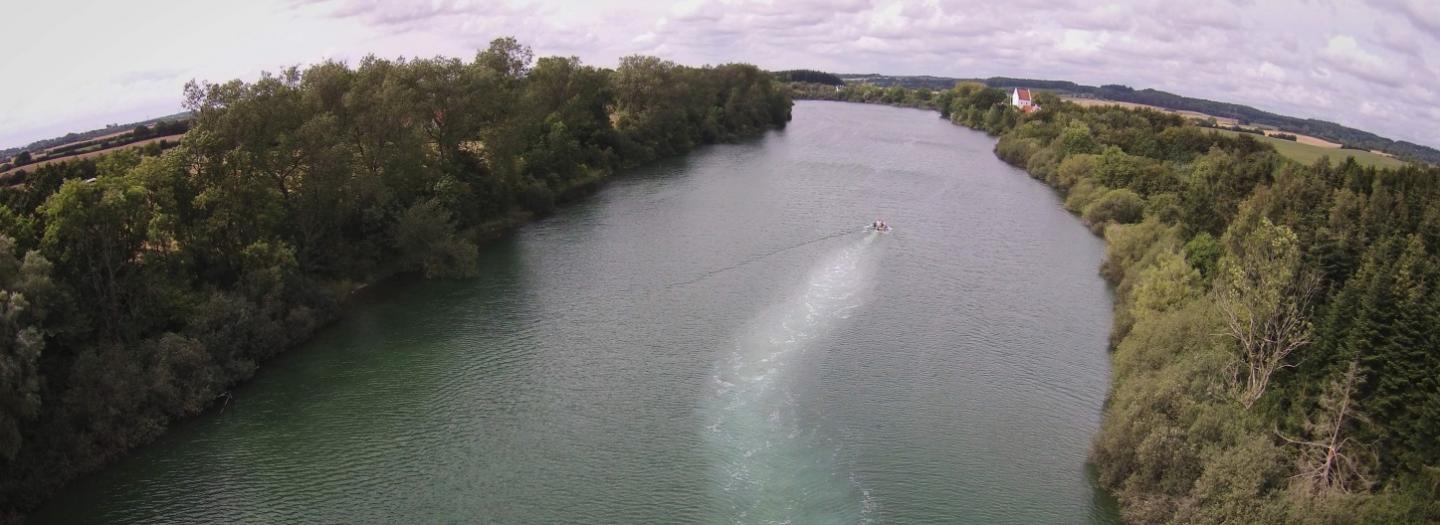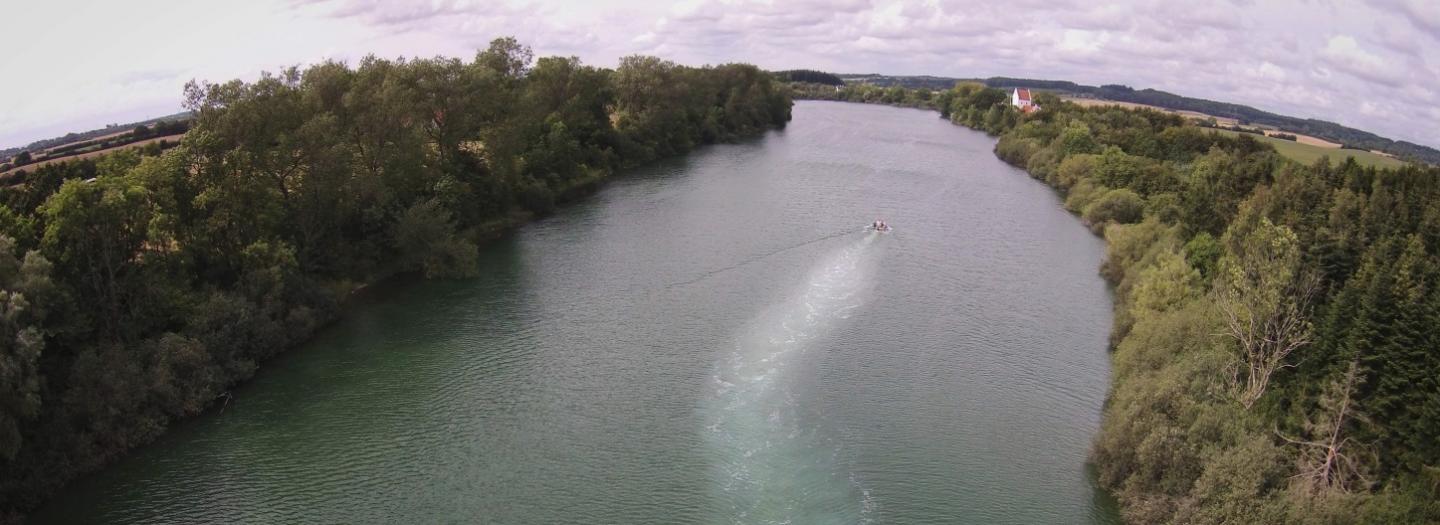
Leading scientists warn: Phosphorus pollution is a major concern. We need to speed up recovery treatments of lakes – or accept poor freshwater quality. In a series of studies published in a special issue of the journal Water Research, leading scientists assess how to control phosphorus pollution in lakes.
– In 40 % of Europe's lakes the water quality does not meet the demands of EUs Water Framework Directive, mainly due to phosphorus pollution. That is a huge problem for biodiversity and society and we need to put an effort into developing effective approaches to restore these lakes, says Associate Professor Kasper Reitzel, Department of Biology, University of Southern Denmark.
Together with colleagues Sara Egemose and Henning S. Jensen, Reitzel is co-author of several contributions in a special issue of the journal Water Research. Kasper Reitzel is also co-editor. They are experts in lake restoration and are associated with the Villum Kann Rasmussen Centre of Excellence, Centre for Lake Restoration, (CLEAR).
The special issue of Water Research brings together 60 authors from 12 countries. In a press release the journal writes:
"Phosphorus is the biggest cause of water quality degradation worldwide, causing "dead zones", toxic algal blooms, loss of biodiversity and increased health risks for the plants, animals and humans that come in contact with polluted waters.
After decades with run-off from agriculture, human sewage and industrial practices, phosphorus has been stock piled at an alarming rate in our lake bed sediments. The scale of the problem is daunting, and even though enormous attempts are done to reduce the runoff humans are still pumping about 10 million tonnes of extra phosphorus into our freshwaters every year.
Long-term monitoring activities following the fate of phosphorus in lakes show that plants and animals don't recover for many years even if the phosphorus load is decreased. This is because phosphorus stored in bed sediments is released back to the water column and recycled in the lake."
So-called geo-engineering in lakes is widely used to clean lakes from phosphorus pollution.
Often used geo-engineering methods are additions of aluminum salts or modified clays into the lake to lock excess phosphorus stored in the sediments.
– However, results have not always been good. Often lake managers have used geo-engineering uncritically in lakes where the external loading of phosphorous was not reduced enough or they have applied too low dosage because of economy, says Sara Egemose, Department of Biology, University of Southern Denmark.
The special issue brings a scientific update on geo-engineering of lakes which Danish researchers in CLEAR have translated into guidelines for restoration of Danish lakes in cooperation with the Danish Nature Agency.
###
Media Contact
Birgitte Svennevig
[email protected]
http://www.sdu.dk/





